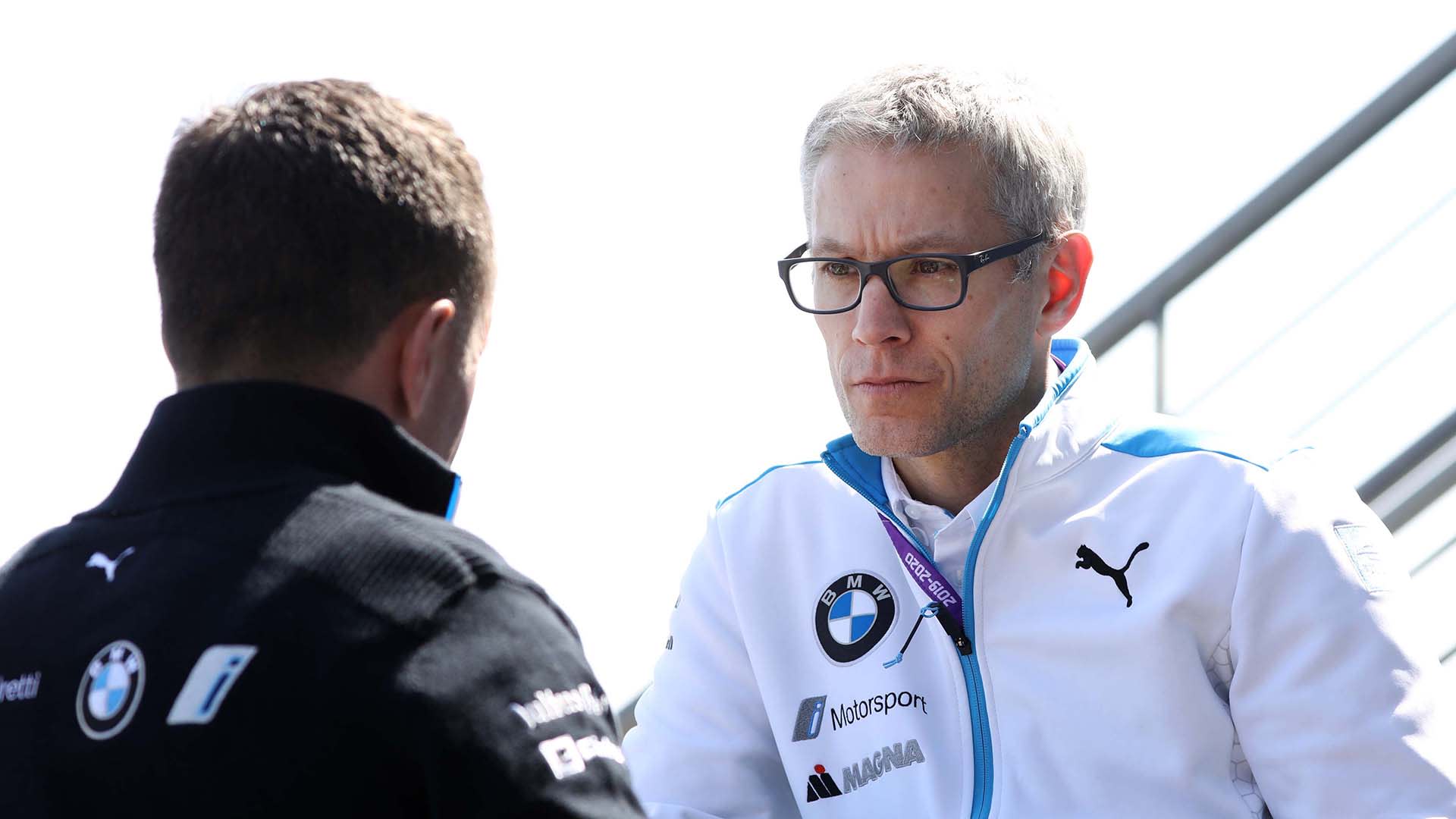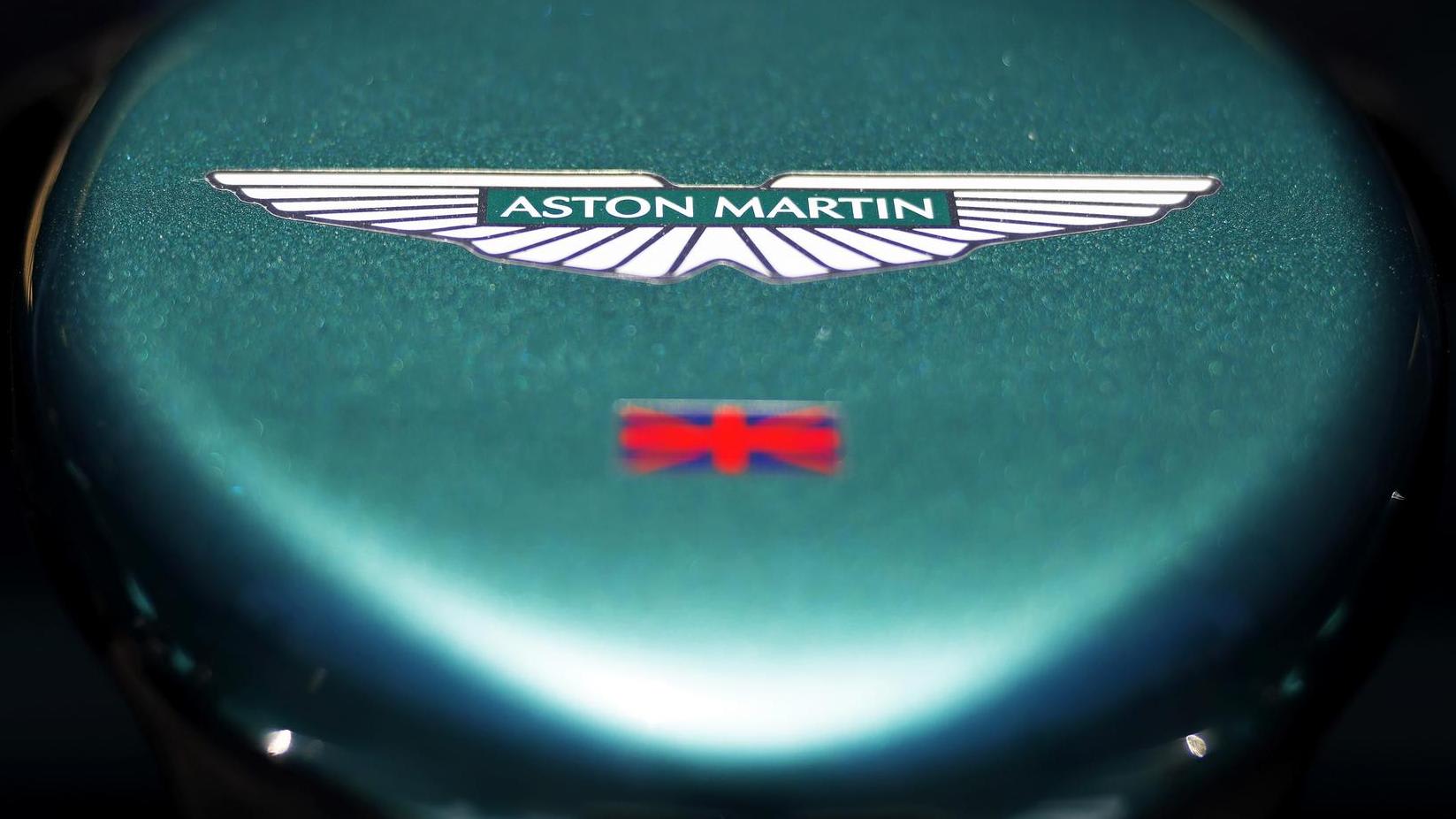F1 2022
- Thread starter roadhog
- Start date
So the star says the San Marino GP is subject to contract. Imola is Ferrari's test track, if they win that race they are contenders.
Ferrari sacrificed 2021 to pool their resources into their 2022 model, let's see if Charles LeClerc is up to the task.
Ferrari sacrificed 2021 to pool their resources into their 2022 model, let's see if Charles LeClerc is up to the task.
Which races will be cancelled?
I say Australia is first on the list.
None will be cancelled.Which races will be cancelled?
I say Australia is first on the list.
Time to put on their big boy pants and not worry about Omicron.
Double, triple, quadruple vaccinate all team members as required. Not vaccinated, you cannot enter the race track as a spectator, track worker etc.
If fans are not allowed at the track, no problem. Let the race proceed with teams only. The risk on the big scale is minimal
Last edited:
That would be nice to see, but it's in the hands of governments to decide if the race, with or without fans, can go ahead.None will be cancelled.
Time to put on their big boy pants and not worry about Omicron.
Double, triple, quadruple vaccinate all team members as required. Not vaccinated, you cannot enter the race track as a spectator, track worker etc.
If fans are not allowed at the track, no problem. Let the race proceed with teams only. The risk on the big scale is minimal
Attending a Grand Prix in Australia some day is on my bucket list. If this Covid shit wasn't around it would have happened last year or this year.
Fiorano:So the star says the San Marino GP is subject to contract. Imola is Ferrari's test track, if they win that race they are contenders.
Ferrari sacrificed 2021 to pool their resources into their 2022 model, let's see if Charles LeClerc is up to the task.

is Ferrari's test track. The Imola circuit IS officially named after Enzo Ferrari and his son Dino, but otherwise it's just one of several racing circuits located in Italy.
[QUOTE="onomatopoeia, post: 7337993, member: 305314] Fiorano[/QUOTE]
I should brush up on my geography, now I know why Sassuolo can stay in Serie A while it's much larger neighbour Modena can't. Sassuolo/Maranello are a pint sized Dallas/Ft Worth with Fiorano Modenese as the bridge in the middle. Imola is east of Bologna.
I should brush up on my geography, now I know why Sassuolo can stay in Serie A while it's much larger neighbour Modena can't. Sassuolo/Maranello are a pint sized Dallas/Ft Worth with Fiorano Modenese as the bridge in the middle. Imola is east of Bologna.
MSN
www.msn.com
It would be good for the sport if rule changes could be announced with significant advanced notice, and those rules would stay in effect for 2-3 seasons. Upcoming rule changes could be announced while a 'static formula' was in effect. This would help the lower budget teams by allowing them plenty of time to design a new car according to the regulations, then both race and further develop the car while planning the next major changes.
This was the case in various parts of the 1970's, when any team could lease Cosworth DFV engines, and incorporate them into their own chassis design. Another big advantage was that cars one or two years old, (which still met the standards of the formula, but lacked the additional development of newer cars), often appeared as 'third cars' at selected races, or they were sold to smaller privately owned teams. The old British Formula 1 series, (also known as the Aurora series, from its primary sponsor), was contested by teams and drivers using 'used' F1 cars from previous seasons, almost all of which had the same Cosworth engine.
When this could be done in F1, many promising drivers received one-off rides in outdated cars - a good example is Gilles Villeneuve's F1 debut in a 1976 McLaren M23 at the 1977 British Grand Prix, (Silverstone).
During practice, most spectators thought this would be Villeneuve's one and only F1 appearance, as he continuously spun out at different corners. What they didn't know was that Villeneuve, driving an F1 car for the first time, was determining the cars limits on cornering speed. Whenever he spun out, he knew he had exceeded the car's limits. In qualifying, he placed 9th, higher than Jochen Maas in the works M26.
Despite his fine showing, McLaren boss Ron Dennis chose Patrick Tambay for the 1978 McLaren #2 seat, rather than Villeneuve, whom Dennis deemed to be potentially "too expensive", in reference to Gilles propensity to destroy cars beyond they point where they could be repaired. Dennis DID hire Andrea De Caesaris for the 1981 season, (eight retirements, 1 championship point), but that was a different situation - De Caesaris brought plenty of personal sponsorship money to the team from Marlboro; his family was the major distributor of Marlboro cigarettes in Italy, and at that time, Marlboro was the primary sponsor of two F1 teams, (McLaren and Alfa Romeo), several drivers, and title sponsor of the British Grand Prix. In the early races at Ile Notre-Dame/ Circuit Gilles Villeneuve, (1978 and possibly 1979) the title sponsor was Player's cigarettes, and later Labatt's brewery. At the 1984 Canadian Grand Prix, the RAM team gave away free samples of Skoal Bandits chewing tobacco, encased in small pouches. Imagine something like that happening today; I think NOT.
Last edited:
Otmar out at Aston Martin!
https://www.formula1.com/en/latest/...l-otmar-szafnauer.7orq4yhy6bKbh4hEgAb36v.html
https://www.formula1.com/en/latest/...l-otmar-szafnauer.7orq4yhy6bKbh4hEgAb36v.html
Question is, if things don't change drastically with Covid will there even be a Canadian Grand Prix?The biggest question is:
Can I find hotel rooms for race weekend in Montreal Downtown for less than $600 per night??
Hope they run the Canadian GP this year, just do not see it happening with fans in the stands.Question is, if things don't change drastically with Covid will there even be a Canadian Grand Prix?
We went in 2019. Between Montreal race weekend and the Raptors being the Finals, it was a great time.Question is, if things don't change drastically with Covid will there even be a Canadian Grand Prix?

Former BMW motorsports head Mike Krack appointed Aston Martin Team Principal | Formula 1®
Aston Martin have confirmed that former BMW motorsport head Mike Krack will become their Team Principal, taking over from the recently-departed Otmar Szafnauer.
2022 Haas colors revealed.
 www.facebook.com
www.facebook.com
Aanmelden bij Facebook
Meld je aan bij Facebook om te delen en contact te maken met je vrienden, familie en mensen die je kent.
 www.facebook.com
www.facebook.com
Is that their official car for 2022 or just what someone thinks it will look like?2022 Haas colors revealed.
Aanmelden bij Facebook
Meld je aan bij Facebook om te delen en contact te maken met je vrienden, familie en mensen die je kent.www.facebook.com
F1.com say Aston Martin is the first team to announce launch date for the 2022 car.

Aston Martin become first team to announce launch date for all-new 2022 car | Formula 1®
Mark this one in your diary: Aston Martin have announced their February launch for their new 2022 car.
We won't see the real cars until just before the first race. Everything being posted by the Teams are red herrings. All we are seeing now are the Team colours.Is that their official car for 2022 or just what someone thinks it will look like?
I’m thinking Carlos will be their star next year.So the star says the San Marino GP is subject to contract. Imola is Ferrari's test track, if they win that race they are contenders.
Ferrari sacrificed 2021 to pool their resources into their 2022 model, let's see if Charles LeClerc is up to the task.
I wonder if Masi will be sacked to keep Hamilton happy? Another month or so and we’ll find out. Can’t wait for the new season with the new cars. Should be interesting.
I thought that would have happened by now.I wonder if Masi will be sacked to keep Hamilton happy? Another month or so and we’ll find out. Can’t wait for the new season with the new cars. Should be interesting.






